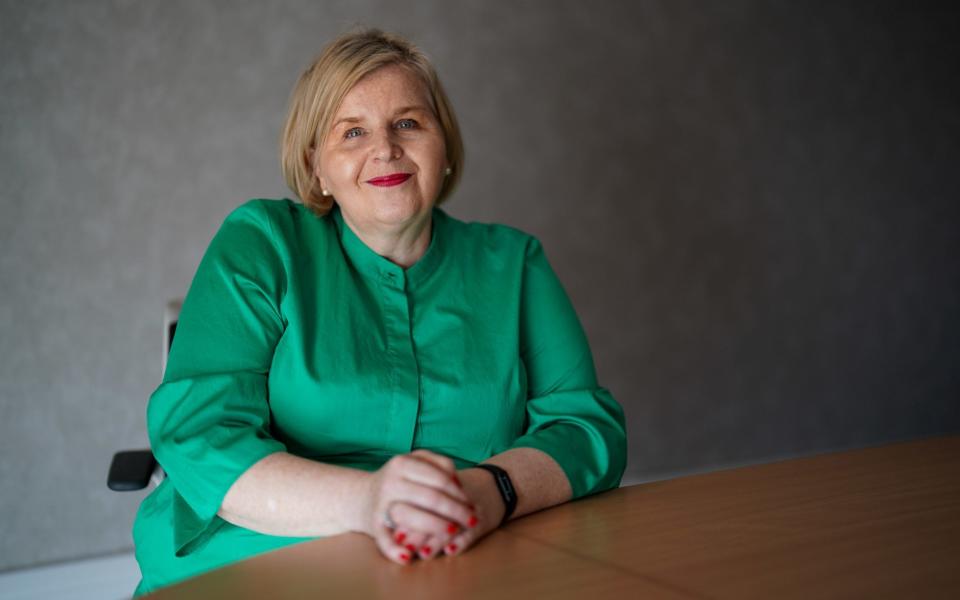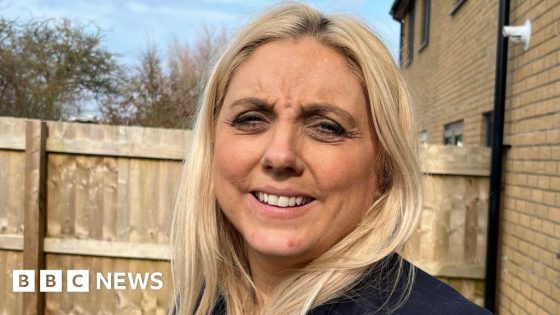An NHS midwife told a black woman asking for painkillers as she suffered a miscarriage that “you people have a high pain threshold”, it is claimed.
It is one of a number of instances of black and Asian women being subjected to racist treatment and mockery by maternity staff before losing a child.
The revelations come as official figures show infant mortality is twice as high in ethnic minorities.
The findings were backed up by the report on NHS maternity care led by Donna Ockenden, a senior midwife, which documented repeated instances of discriminatory behaviour by “staff mimicking accents, mannerisms and laughing” at ethnic minority women.

A Freedom of Information request to NHS England disclosed that in 2022-23, the stillbirth rate for babies of black mothers was double that of those of white mothers, while the rate for Asian babies was almost as high.
Bhavna Bhargava, a British woman of Indian origin, lost her son, Joshan, seven and a half hours after he was born, on May 27 2019.
She said that when she arrived at Epsom Hospital, she told a nurse she had been bleeding profusely and showed her a sanitary towel soaked in blood.
She said: “I told the nurse, ‘This is the amount of blood I lost while coming to the hospital. It does not feel normal.’”
The nurse told her it was “perfectly normal”, according to Ms Bhargava. Hours later, her uterus had ruptured 30cm, causing her baby to slip through into the abdomen.
‘I was not listened to’
She claimed: “From the first point of going to the hospital, I was not listened to, and my concerns were not taken seriously.”
Ms Bhargava said her husband had seen a midwife “rolling their eyes at him” when he raised his concerns about her extreme pain during labour.
A coroner’s inquest found that “a delay in recognising foetal distress more than minimally contributed to Joshan’s death”.
Ms Bhargava said she believed women of Indian origin were stereotyped as being assumed to have an “extremely low” pain threshold and always to prefer Caesarean section over natural delivery.
A black woman, who has asked to remain anonymous, said she had repeatedly been addressed as “you people” by maternity staff at another hospital in the London area.
‘I’m in absolute pain’
She said: “I was just a single person requesting assistance with my medical condition.
She suffered her first miscarriage in 2011, when she said she was told: “You, black people, have a very high pain threshold,” after she had asked for painkillers.
After she responded, “How many people are in this room? What do you mean, ‘you people’?” she said she was told that all black people were “resilient”.
She said: “I’m not, actually. I’m in absolute pain. And I have been saying this for hours.”
Between 2011 and 2017, she had five miscarriages without knowing what was causing them.
‘Black women are frightened’
Alicia Burnett, the founder of Black Baby Loss Awareness Week, said: “Black women who are going through miscarriages or had one before or are going through pregnancy are frightened. They are afraid wondering if they will be mistreated again.
“Despite the argument that most of the nurses are people of colour, it does not rule out acts of racism. If a person is educated within a system that is impacted by institutional racism, they are going to work in a way that does not treat everybody in the same way.”
The Ockenden Maternity Review – the largest inquiry of its kind in NHS history – found a lack of communication among the staff and the patients particularly affected “women from minority ethnic backgrounds”.
‘Systematic racism’
The Stillbirth and Neonatal Death Society, the charity, said there was a “well-documented problem of systematic racism” experienced by many black and Asian women and mothers from other ethnic background families when navigating maternity and neonatal care.
An NHS England spokesman said: “The NHS is committed to ensuring all women, regardless of their ethnicity, receive high-quality care before, during and after their pregnancy, and all maternity and neonatal systems have published action plans to help ensure care is equitable for all mothers, babies and families.”
An Epsom and St Helier University Hospitals NHS Trust spokesman said: “Our deepest condolences go out to Ms Bhargava and her family for their loss, and we would like to apologise again for the distress caused.
“We have since reviewed our service and have made improvements including having processes in place to assess blood loss volumes and raised concerns regarding equipment issues with the manufacturer and MHRA [Medicines and Healthcare products Regulatory Agency], which have now been resolved.”
Source Agencies

